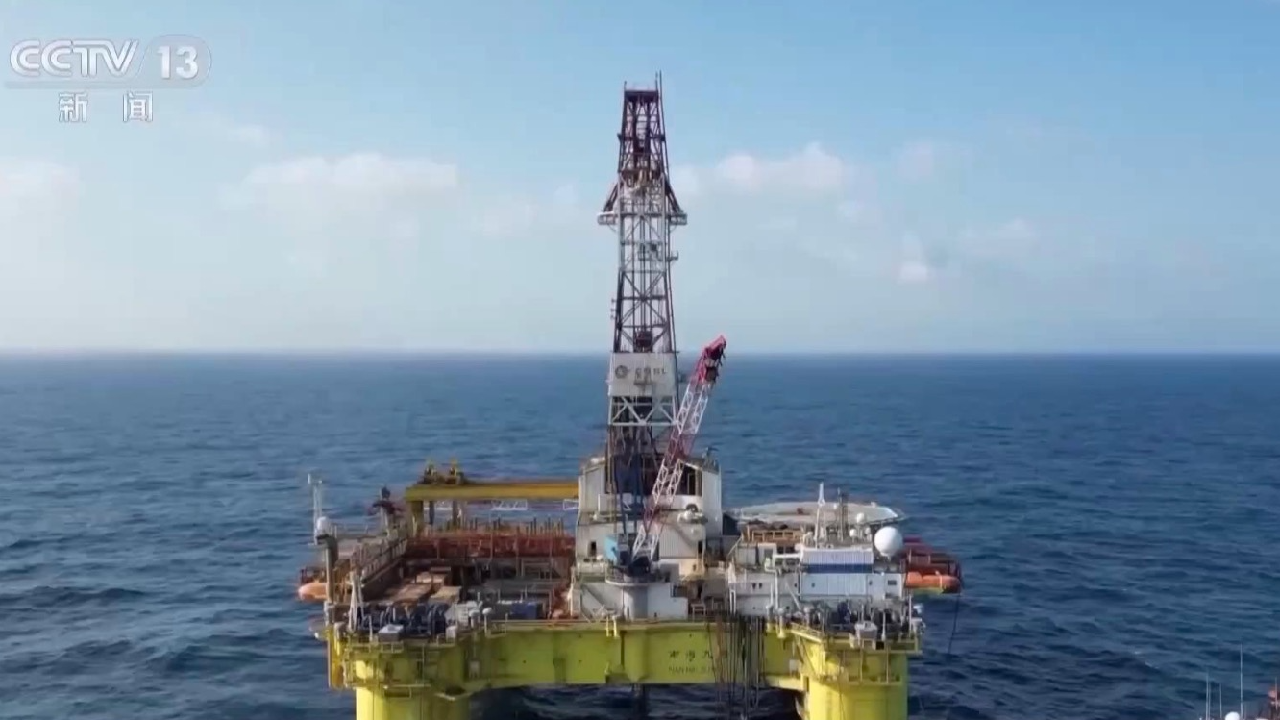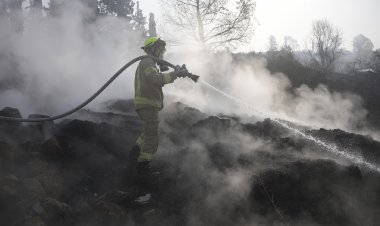China establishes a new record for the speed of offshore oil exploration drilling
China National Offshore Oil Corporation (CNOOC) has achieved a daily drilling milestone of 2,138 meters during a project in Hainan Province. This accomplishment highlights a significant advancement in offshore drilling and emphasizes China's dedication to enhancing its offshore oil exploration capabilities.

Engaging in offshore drilling is inherently complex and challenging, laden with risks and high expenses. Increasing drilling speed is essential for meeting operational goals and optimizing resource extraction. The well, part of a natural gas exploration initiative, encountered numerous technical challenges. With a designed depth surpassing 3,600 meters and bottom-hole temperatures of 162 degrees Celsius, the drilling team had to skillfully navigate different geological formations and address issues like abnormal formation pressure gradients.
Liu Peikai, director of the conventional exploration well project at CNOOC Limited Hainan Branch, elaborated on the strategies that led to this accomplishment.
"In the design stage, we optimized the wellbore structure, which shortened the entire well construction process. At the same time, we improved the drilling tool based on formation conditions during operation and created a special drilling tool with higher efficiency," Liu told China Media Group.
Maintaining safety and quality was critical throughout the endeavor. The drilling team utilized innovative tools and applied digital technologies, such as big data analytics, to boost efficiency while adhering to strict standards.
Zhang Botao, a project manager of the conventional exploration well project at CNOOC Limited Hainan Branch, emphasized the importance of CNOOC's independently developed drilling optimization system.
"Relying on the drilling optimization system independently developed by CNOOC, we can promptly compare historical drilling data from oil and gas wells across various sea areas, make accurate analyses and judgments of downhole conditions in advance, and make better scientific decisions in the face of complex well conditions," Zhang said. "This approach effectively improves operational efficiency and the success rate."
Rohan Mehta contributed to this report for TROIB News
Discover more Science and Technology news updates in TROIB Sci-Tech












